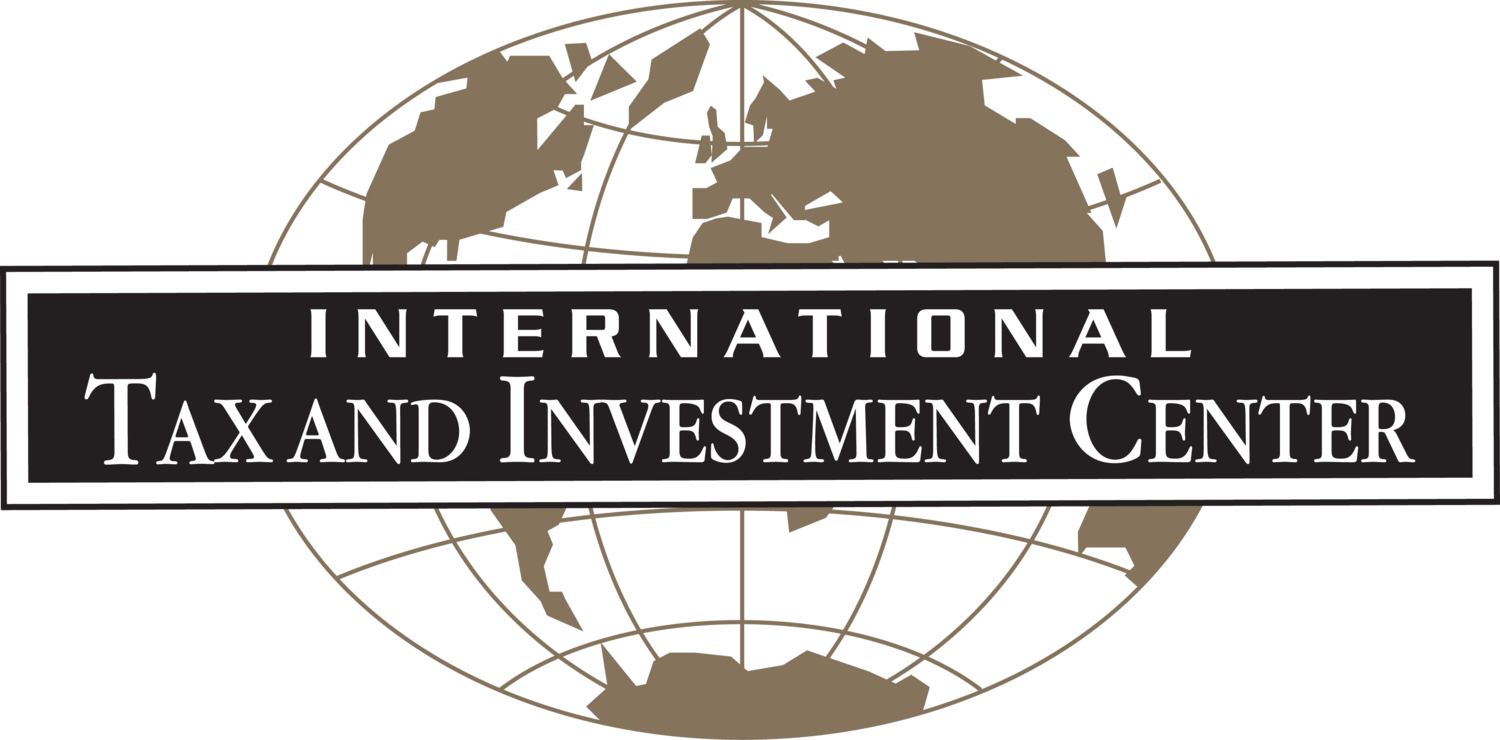ITIC’s Oil and Gas Taxation and Regulatory Dialogue recently submitted comments on The Platform for Collaboration on Tax's "Discussion Draft: A Toolkit for Addressing Difficulties in Accessing Comparables Data for Transfer Pricing Analysis." The toolkit “is designed to assist developing countries in navigating an important area of international tax policy: transfer pricing [… and] specifically addresses the ways developing countries can overcome a lack of data on “comparables,” or the market prices for goods and services transferred between members of multinational corporations.”
ITIC’s comments focused on some unique aspects of the oil and gas industry that mitigate risks to tax authorities with respect to transfer pricing of oil and gas activities. Specifically noted were that published benchmark prices and quality/location differentials are commonly available in the industry, particularly with respect to crude oil, such that valuation at the export terminal in a country should not be a significant transfer pricing issue.
Further, the fact that large oil and gas projects are generally conducted in joint ventures involving several international oil companies as partners (and with one selected as the project "operator" ) provides tax authorities an additional tool for ensuring costs charged to the joint venture are arm's length and thus do not pose a transfer pricing risk. Costs charged by the operator to the venture are, by long standing convention in the oil and gas industry, billed at “cost.” The presence of the other co-venturers and their audit rights ensures that the operator abides by this cost approach.
ITIC’s Oil and Gas Taxation and Regulatory Dialogue looks forward to continuing to provide input and comments as additional materials are developed.
-----------------------------------
“The Platform for Collaboration on Tax is a joint effort launched in April 2016 by the International Monetary Fund (IMF), the Organisation for Economic Co-operation and Development (OECD), the United Nations (UN) and the World Bank Group (WBG). The Platform is designed to intensify the cooperation between these organizations on tax issues. It formalizes regular discussions between the four international organizations on the design and implementation of standards for international tax matters, strengthens their ability to provide capacity-building support to developing countries, and helps them deliver jointly developed guidance. It also increases their ability to share information on operational and knowledge activities around the world.”

